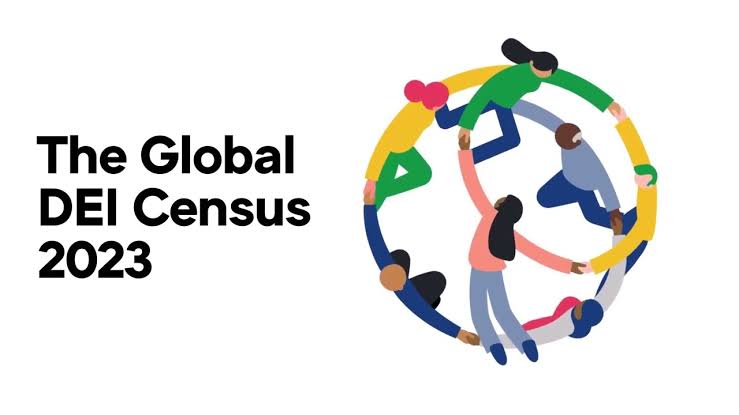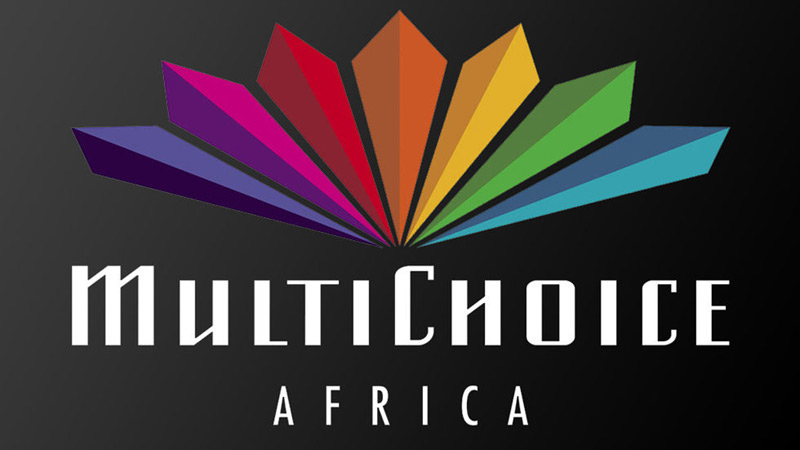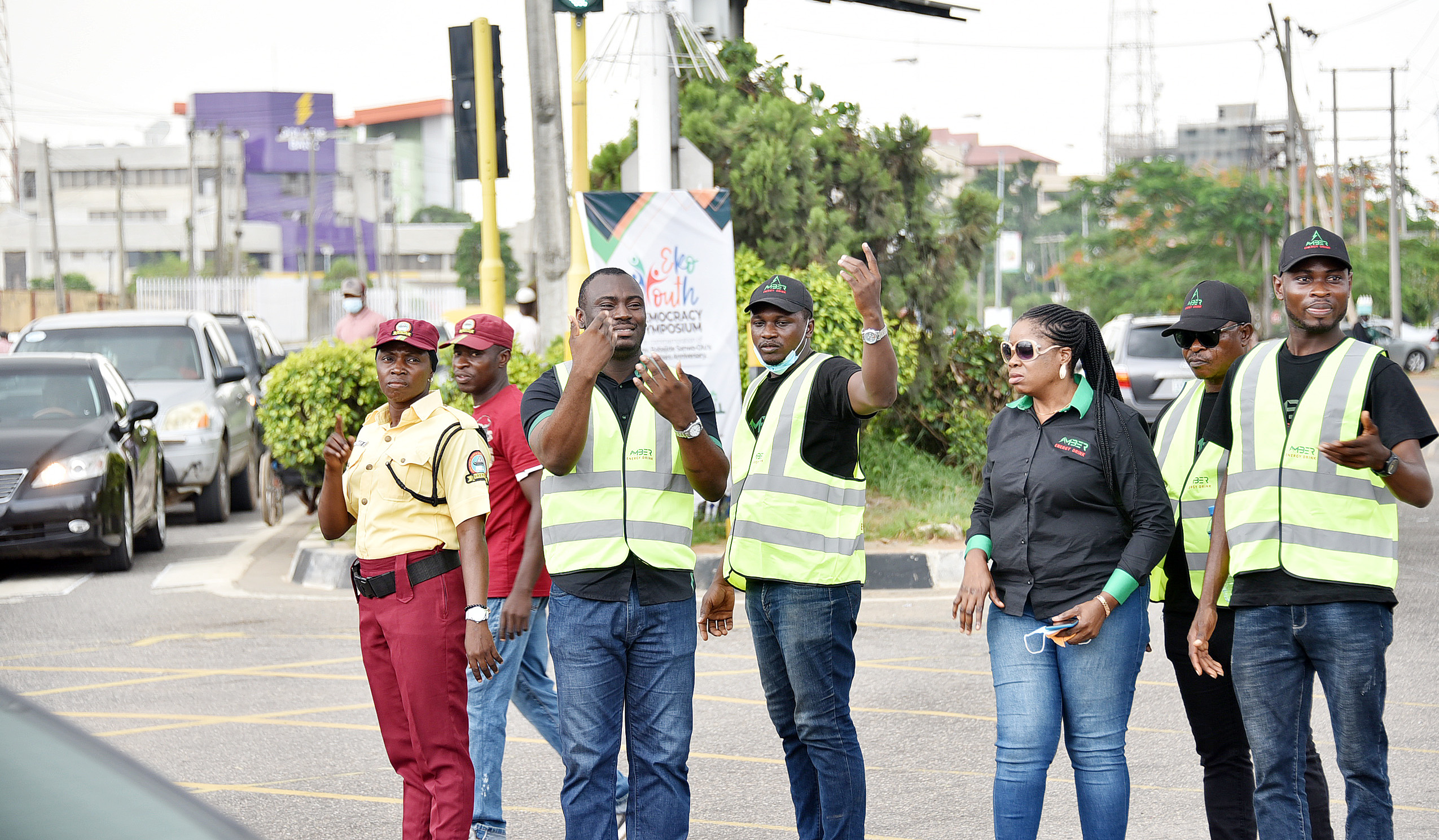By Oghale Mafuru
Latest report from the World Federation of Advertisers, WFA has revealed that one in seven members of the global marketing industry is likely to quit their jobs due to lack of Diversity, Equity and Inclusion, DEI, as recent figures show no improvement in statistics recorded by the first Global Census on DEI in 2021.
According to the 2023 Global DEI Census report, 16% of women (almost 1 in 6), 22 percent of ethnic minorities (more than 1 in 5) and 24 percent of disabled respondents (almost 1 in 4), say they are likely to leave as younger professionals, ages 25-34 and caregivers are also slightly more likely to leave than the global average of 18% vs 14%.
Despite increased efforts by global organisations towards DEI, the overall level of inclusion, calculated on the basis of answers to questions about a respondent’s sense of well-being, an absence of discrimination and a presence of negative behaviours was almost identical to 2021, the report adds.
The global DEI inclusion index was 64percent last time (69 percent for men and 61 percent for women) and this year it is 63 percent, and still 69 percent for men and 61 percent for women.
Nearly three in four (72 percent) respondents globally acknowledged industry attempts to improve the lived experiences of key groups. The numbers vary widely by country though peaking in Canada (87 percent), the USA (87 percent) and Singapore (86 percent), but are significantly lower in Japan (49 percent), Slovenia (51 percent) and Poland (54 percent).
The three countries to record the biggest improvements were New Zealand (up 10 percentage points to 71 percent), South Africa (up seven points to 61 percent) and Ireland (up six points to 68 percent), while the biggest three declines were recorded in Hong Kong SAR (down six points to 61 percent), The Gulf Cooperation Council (down four points to 57 percent) and the Netherlands (down four points to 63 percent).
The most common forms of discrimination reported are still around age, gender and family status. 41 percent of women, 42 percent of parents and 39 percent of caregivers feel that family responsibilities hinder one’s career. 12 percent of 18-24-year-olds and 17 percent of 55-64 years said they personally experienced age discrimination compared to an overall global average of 8 percent.
“Men reported living better work experiences (69 percent) than women (61 percent). Disabled respondents reported living the worst work experiences (45 percent versus 67percent non-disabled). Women, disabled and ethnic minority respondents are all more likely to say they are unfairly spoken over (30 percent of women versus 21% men, 39 percent of disabled versus 25 percent non-disabled and 30 percent for ethnic minority respondents respectively versus 26 percent for ethnic majority respondents), undervalued compared to colleagues of equal competence (31 percent for women versus 23 percent men, 42 percent for disabled versus 26 percent for non-disabled, 33 percent for ethnic minorities versus 26 percent for their majority counterparts), bullied or made to feel uncomfortable in the workplace”.
The further revealed that women and ethnic minorities also report being under-represented in senior positions and more likely to be in marketing/PR and account management as male counterparts are twice as likely to be in C-Suite positions.
Commenting on this, Stephan Loerke, WFA CEO, said, “We should see this as glass half empty – and half full. We are not greatly surprised to see no measurable change across the global industry in just two years, because the challenges are so deep-rooted and systemic in society. They take time to address and overcome. But the first step is building awareness of the problem. We may not have meaningfully moved the needle globally, but industry efforts are increasingly visible. Now is the time to double down and stay the course because ultimately our efforts will be rewarded with more diverse, equitable and inclusive workplaces where the best talent will flock”.
As the global advertisers’ body continues to encourage its members on intensifying efforts towards diversity, equity and inclusion, this finding is expected to ensure appropriate targeting of resources to address key concerns around DEI in the industry.






Comment
No comments found.